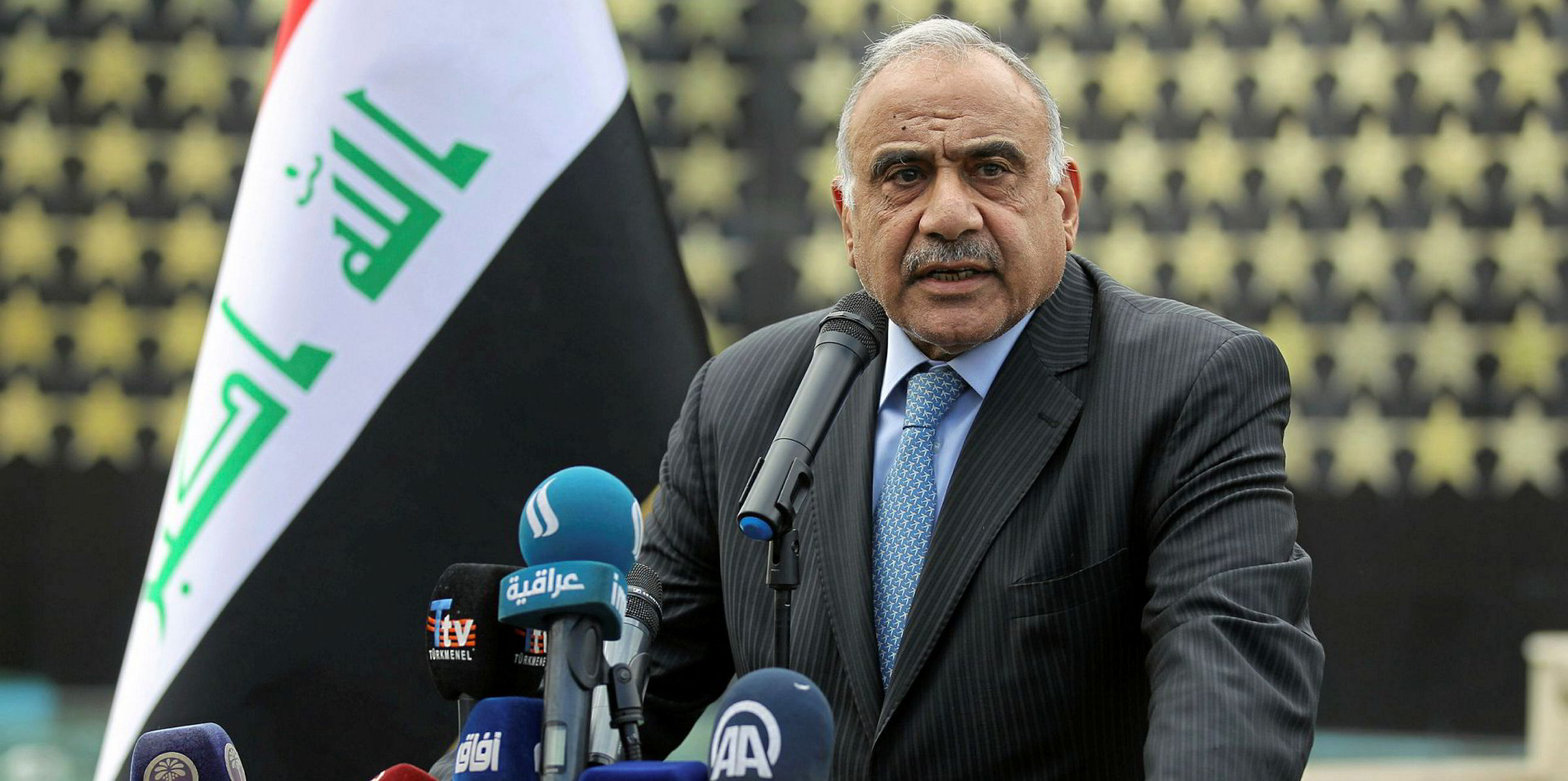After a year of relative calm, Iraq is once again in the grip of worsening political and social turmoil that further threatens a stagnating oil and gas industry, writes Nassir Shirkhani.
Two of Iraq’s most powerful parties have joined forces to oust Prime Minister Adel Abdul Mahdi after a wave of protests over rampant state corruption, high unemployment and poor public services.
Abdul Mahdi, a compromise candidate, was installed in office by powerful Shia parties just over a year ago and set himself the task of improving the country’s infrastructure and overhauling the key oil industry.
Little has changed, however, amid a bureaucratic system of government that prioritises party interests at the expense of vital projects that can help unlock Iraq’s vast oil wealth.
Both the capital Baghdad and the Shia-dominated southern oil hub of Basra have witnessed mass demonstrations since the beginning of the month as protesters have taken to the streets, decrying corruption and demanding jobs and improved public services. Power cuts are widespread in a country that pumps 4.6 million barrels per day of oil.
Thamer al-Ghadhban, appointed by Abdul Mahdi to oversee the oil industry, has yet to muster enough political support to progress the long-stalled Common Seawater Supply Project that is vital to ensuring reservoir pressure at Iraq’s giant oilfields in Basra. Entrenched bureaucracy has also blighted exploration.
The unfolding new cycle of political uncertainty and violent protests are certain to further hobble the oil industry and scare away major international investors.
